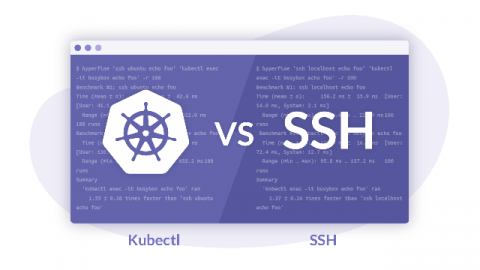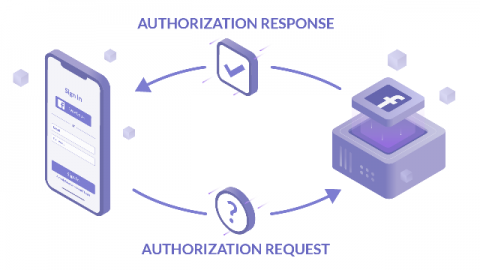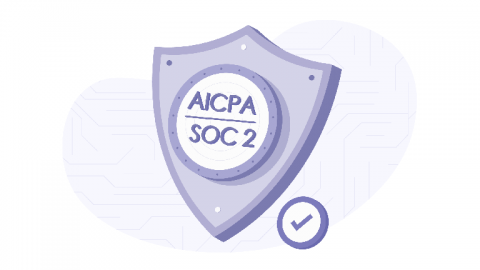Security | Threat Detection | Cyberattacks | DevSecOps | Compliance
Teleport
How I Found Myself in a Command Line vs. GUI Meeting
“Ev, do you have time later today to discuss the new web GUI for the command line terminal?” said the Slack message. It came from Alex, our user experience chief and the product in question is the SSH client. Part of me was worried. The command line environment had a sanctuary where I found peace and happiness away from the world of browser-based tools.
Webinar | Best Practices for SSH + Auditing w/ Panther | Gravitational | Gus Luxton | Jack Naglieri
SSH vs. kubectl exec
Let’s have a look at two popular ways of opening remote shells: the good ol’ ssh and its modern counterpart, kubectl exec. Below, I will only look at the “kubectl exec” subcommand and its friends. kubectl itself is a swiss-army knife for all things Kubernetes. Comparing all of it to ssh is like comparing systemd to BSD init. Also, I will use “SSH” to mean “OpenSSH”, which is the de-facto standard for SSH protocol implementation.
How To Use Teleport: Using GitHub for Single Sign On (SSO)
How OIDC Authentication Works
Did you know that in the United States, the Social Security Number was never intended to become the defacto method for physical identification? On its surface, this may come as a shock given how ubiquitously SSNs are used for this exact reason, but looking beneath the surface, we find that SSNs are terrible forms of identification. Ignoring the security concerns of a nine digit numeric code, an SSN is not for universal identification.
Webinar | Best Practices for Auditing K8s | Gravitational | Ev Kontsevoy | Andrew Lytvynov
Teleport 4.3 Demo | Privileged Access Management | SSH & Kubectl
SOC 2 Certification - Table Stakes for B2B SaaS
Just like how computers use trusted third parties and chains of trust to connect with one another, organizations use (admittedly much slower and more human powered) authoritative standards organizations (AICPA) and certified audit firms to create a trust system between organizations.











